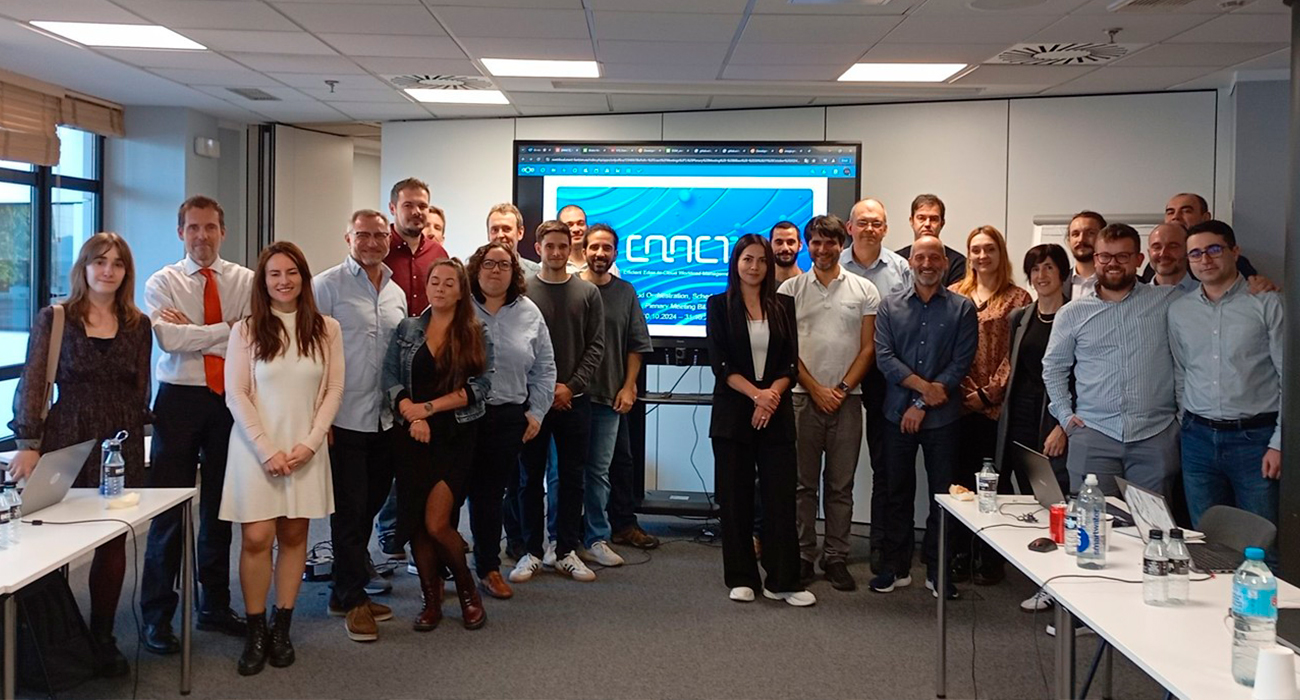ENACT consortium gathered in Bilbao, Spain, for its latest Plenary Meeting on October 30–31, 2024, bringing together technical leaders and project partners for two intensive days of collaboration, technical review, and strategic planning. The meeting, hosted by Innovalia Association, provided a key opportunity to evaluate progress across all work packages, address integration challenges, and prepare for the project’s next review milestone.
The first day focused on assessing the current status of ENACT’s technical and management activities, beginning with an overview of deliverables, milestones, and administrative progress. Partners then presented updates on dissemination, communication, and exploitation, with Innovalia Association and Eclipse Foundation outlining strategies for open-source adoption, IPR management, and broader engagement with the Cognitive Computing Continuum (CCC) community.
Subsequent sessions were dedicated to deep technical discussions led by the work package leaders. Four Dot Infinity reviewed lessons learned from the requirements and specifications phase, while Polytechnic University of Valencia and CERTH guided sessions on cloud–edge abstraction and orchestration, addressing progress in zero-touch provisioning, dynamic graph modeling, and GNN- and RL-based orchestration methods. Siemens and Information Catalyst presented updates on the Application Programming Model (APM), SDK, and adaptive mechanisms designed to ensure interoperability, quality, and security across distributed systems.
The consortium also reviewed the evolution of use cases, with MOG Technologies and Fujitsu presenting progress on the media and mobility pilots. These demonstrations illustrate how ENACT’s orchestration and AI-driven decision-support tools can be applied to real-world scenarios, validating the project’s impact in operational environments.
The Bilbao meeting reaffirmed ENACT’s strong collaborative spirit and technical excellence. By uniting expertise across AI modeling, orchestration, and edge–cloud integration, the consortium continues to advance toward its mission of developing a robust and energy-efficient Cognitive Computing Continuum, driving Europe’s leadership in next-generation intelligent digital infrastructure.

